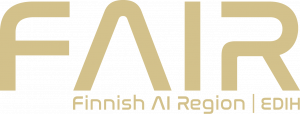

Transforming Health Care Through Knowledge Management
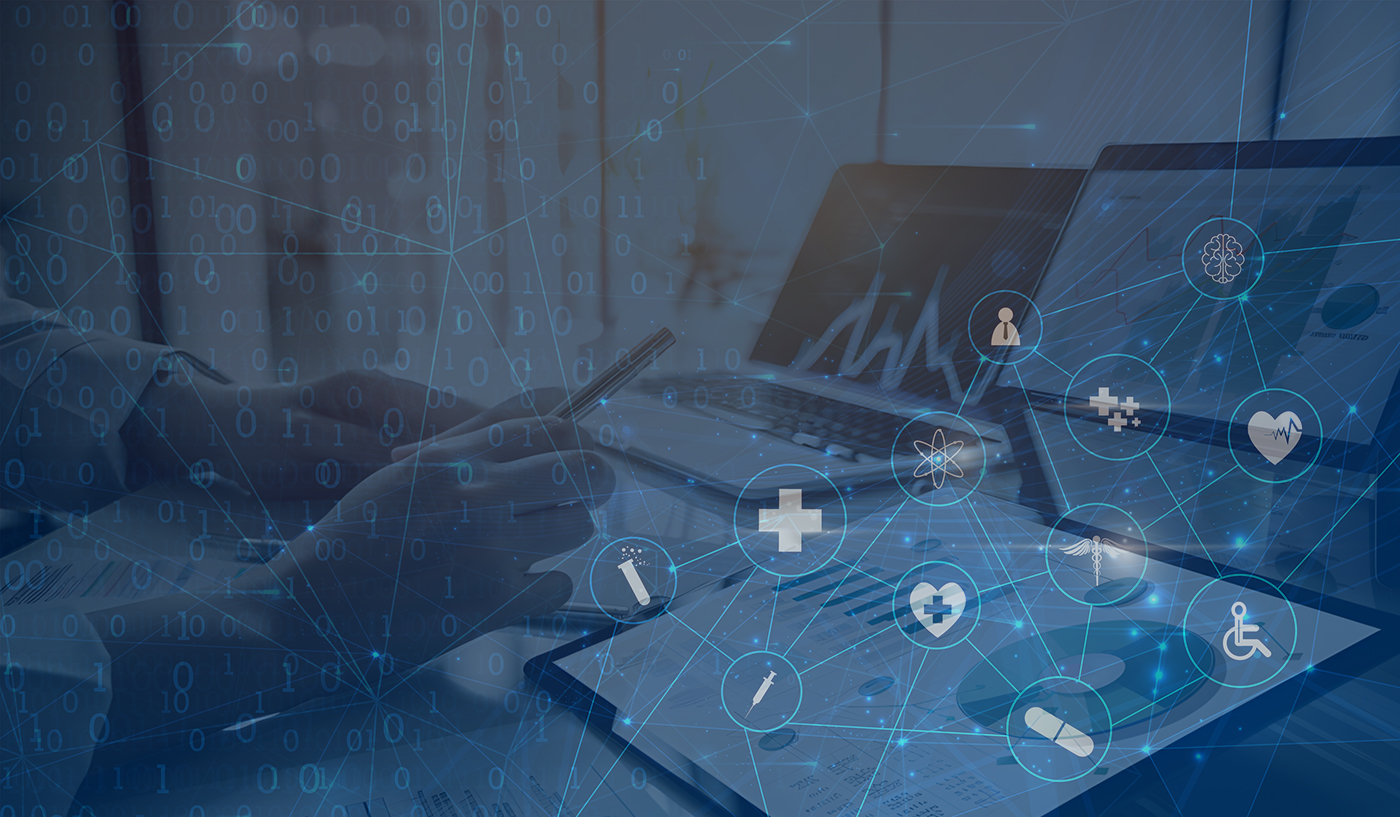
Dr. Teemu Moilanen, 25.4.2024.

Health stands as a cornerstone in the lives of individuals worldwide, with a significant portion of public sector funding dedicated to sustaining and improving health care systems. In an era marked by increasing complexity and challenges within the health care sector[1], the quest for innovative and effective management solutions has never been more critical[2]. This landscape is fraught with systemic issues that demand a thoughtful, data-driven approach to overhaul existing paradigms.
Unpacking the challenges of Health Care Management
Central to the difficulties faced by health care systems globally is the issue of management inefficiency[1]. At the heart of these problems lies a lack of up-to-date information and tools necessary to drive meaningful change within care units[3]. This deficiency often leaves problems unrecognized and unaddressed, leading to ineffective care processes and an inability to adapt to more efficient methods. For health care professionals, the practice has become overly symptom-driven, with a narrow focus on individual patients as an object and carrier of symptoms and conditions instead of health of the subject.
The primary goal has shifted towards reducing care queues instead of enhancing care efficacy, leading to inconsistent standards of patient treatment that rarely employ a data-informed approach. Patients and citizens, on the other hand, find themselves ill-equipped to question their care or diagnoses, facing societal pressures that contribute to unhealthy lifestyles. The prevailing reliance on authoritative guidance and a failure to identify or adequately address multimorbidity further neglect the comprehensive management of complex health conditions.
This problematic landscape highlights a dire need for a transformation in health care management, focusing on quality improvement through the use of up-to-date information and streamlined processes[3].
Artificial intelligence as the great promise for Healthcare Systems
Artificial Intelligence (AI) is set to fundamentally change healthcare systems around the world, offering transformative solutions to persistent challenges. One of the most significant impacts of AI is its ability to analyze vast amounts of data quickly and accurately. For instance, machine learning algorithms can sift through millions of medical records, identifying patterns and trends that may elude human analysts. This capability could enhance diagnostic accuracy and facilitate personalized medicine, allowing treatments to be tailored to individual health histories. Furthermore, AI-driven tools such as predictive analytics can forecast outbreaks and predict patient admissions, enabling better resource allocation and cost reduction.
Beyond data analytics, AI is also reshaping patient interactions with the healthcare system through innovations like virtual health assistants and chatbots. They can handle routine inquiries, offer symptom-based advice, and even monitor patient compliance with treatment regimens, freeing up human medical professionals to focus on more complex cases. Moreover, robotic process automation, another facet of AI, holds significant potential for streamlining administrative tasks in hospitals, thereby reducing costs and increasing efficiency. As AI technology continues to evolve, its integration into healthcare promises not only to enhance the efficacy of medical services but also to make them more accessible and patient-centered.
The Wointi Solution – Health is cared with knowledge
Wointi Ltd steps into this challenging landscape with a mission grounded in the belief that effective health care is driven by knowledge. Recognizing the intricate web of factors that influence health, Wointi aims to support the shift from treating symptoms to managing overall health needs through a more comprehensive understanding of each patient’s unique situation based on better use of data and AI.
Wointi is developing WointiMGR, a real-time health care and management tool that transforms health care guidelines into actionable and monitorable processes. By integrating artificial intelligence, big data, and analytics, WointiMGR connects care management, digitalization, and medical science in a groundbreaking manner. The solution uses real-world data used daily by a healthcare organization. The software corrects itself and continuously seeks factors that explain variations in quality and costs within the organization.
By doing so WointiMGR aims to identify factors for optimal resource utilization. For management teams, WointiMGR offers tools powered by AI and digital analytics, providing real-time insights into organizational operations. This enables targeted improvements and effective cost management.
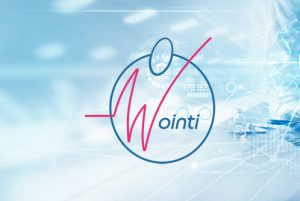
Wointi Oy - vaikuttavuutta ja hyvinwointia
Sairauksien ehkäisy ja kasvava hoidon tarve vaatii uudenlaisia ratkaisuja yhdenvertaisten ja vaikuttavien palveluiden turvaamiseksi kansalaisille.
Health care professionals benefit from an enhanced care framework that validates their work, making care outcomes both transparent and measurable. For patients, this translates to improved care quality, timely interventions, and a reduction in comorbidity. This approach not only facilitates hundreds of millions of euros in cost savings but also fosters a collaborative network among the pharmaceutical industry, medical device manufacturers, and private health care service providers.
The solution has been developed using the data lake of one of the wellbeing services counties of Finland, which are self-governing regions that took over responsibility for organising the entity of healthcare, social welfare and rescue services in 2023[4]. Currently, Wointi is collaborating with FAIR on AI model development.
FAIR supporting companies in their development needs
While the AI revolution presents unparalleled opportunities in healthcare management, it also brings with it challenges that need to be addressed to fully develop these products into their final forms. Data privacy and security, patient safety and accuracy all need to be carefully crafted. AI models must be developed with high precision, integrating AI with existing IT systems, gaining physician acceptance and trust, and ensuring compliance with evolving regulations, just to name a few elements that must be addressed to complete the development process. Fortunately, innovators are not alone in navigating these complex tasks.
Finnish AI Region FAIR, a European Digital Innovation Hub (EDIH), aims to fast-forward the development of AI based solutions and processes. EDIHs are European Commission’s flagship initiatives, supporting SMEs in creating new digital solutions that change the global landscape. FAIR offers companies a wide range of services to support them in their AI development, including needs analysis and roadmapping, solution development experts, experimentation and test before invest, just to name a few.
”Usable AI/ML-solution part of WointiMGR Service has been in our strategy from the beginning. Our vision is to develop reliable AI/ML-driven analytics for healthcare management and clinical practice for everyday use to improve process efficiency and the quality of patient care. FAIR has supported the realization of this vision with resources and expertise, working alongside our team to develop ML models towards piloting them in real-world environments”, states Wointi’s CEO Jorma Winter.
While FAIR consists of wide range of resources, it is crucial to be able to recognize the best solutions for each specific company. “This is where we rely on our individual approach”, says Wointi’s FAIR Customer Manager Dr. Teemu Moilanen. “We base our services on a comprehensive needs analysis, leading up to a tailored roadmap of services”, he continues.
”I’m proud that we can support Wointi with our AI expertise but also our Testbeds, where the solution is tested in real world with real people.” Dr. Moilanen continues.
Companies like Wointi are at the forefront of this change, and we at FAIR, take immense pride in supporting their mission to leverage AI for better patient care, and better future. And remember, with FAIR, you can become the future.
References
[1] Malani, R. (2023). 2024 Health Systems Outlook: A host of challenges ahead. McKinsey & Company.
[2] Valtioneuvosto. 2021. Sote-uudistus. Sosiaali- ja terveydenhuollon ja pelastustoimen järjestämisen uudistaminen. Pdf-document. Viewed 22.3.2024. chrome-extension://efaidnbmnnnibpcajpcglclefindmkaj/https://content-webapi.tuni.fi/proxy/public/2021-04/sahkoiset-lahteet-ohjemateriaali21_0.pdf
[3] Ismail L, Materwala H, Karduck AP, Adem A. Requirements of Health Data Management Systems for Biomedical Care and Research: Scoping Review. J Med Internet Res. 2020 Jul 7;22(7):e17508. doi: 10.2196/17508. PMID: 32348265; PMCID: PMC7380987.
[4] Ministry of Finance, Finland. 2023. Verkkosivu. Viewed 22.3.2024. https://vm.fi/en/duties-and-other-activities
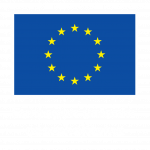
Finnish AI Region
2022-2025.
Media contacts